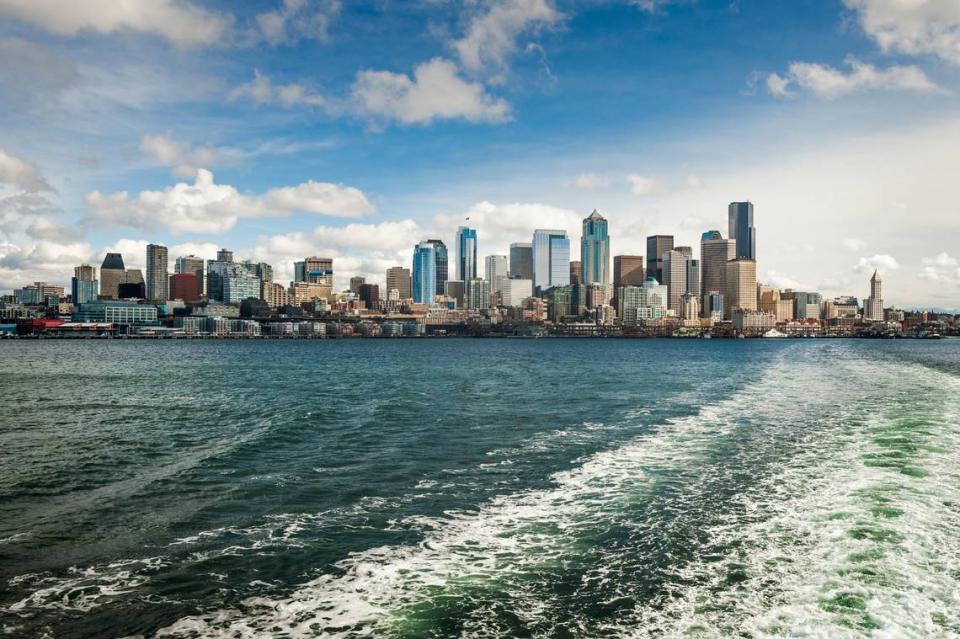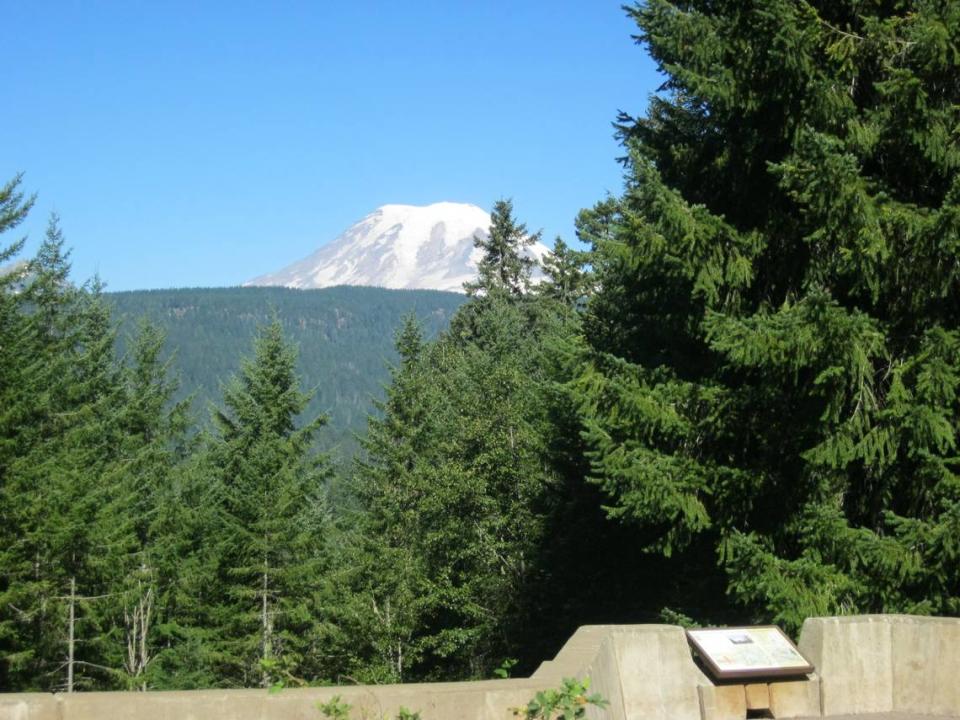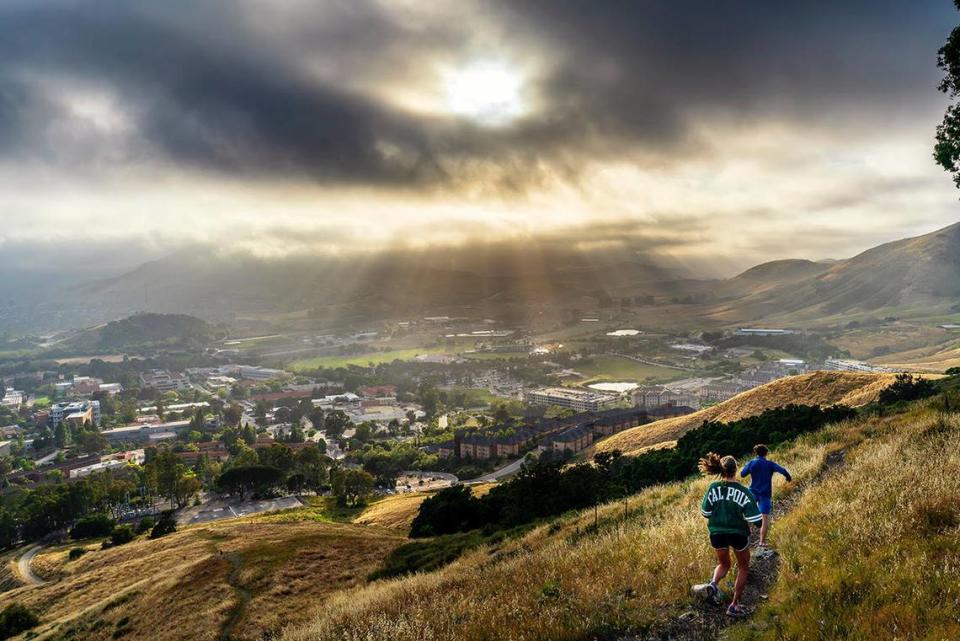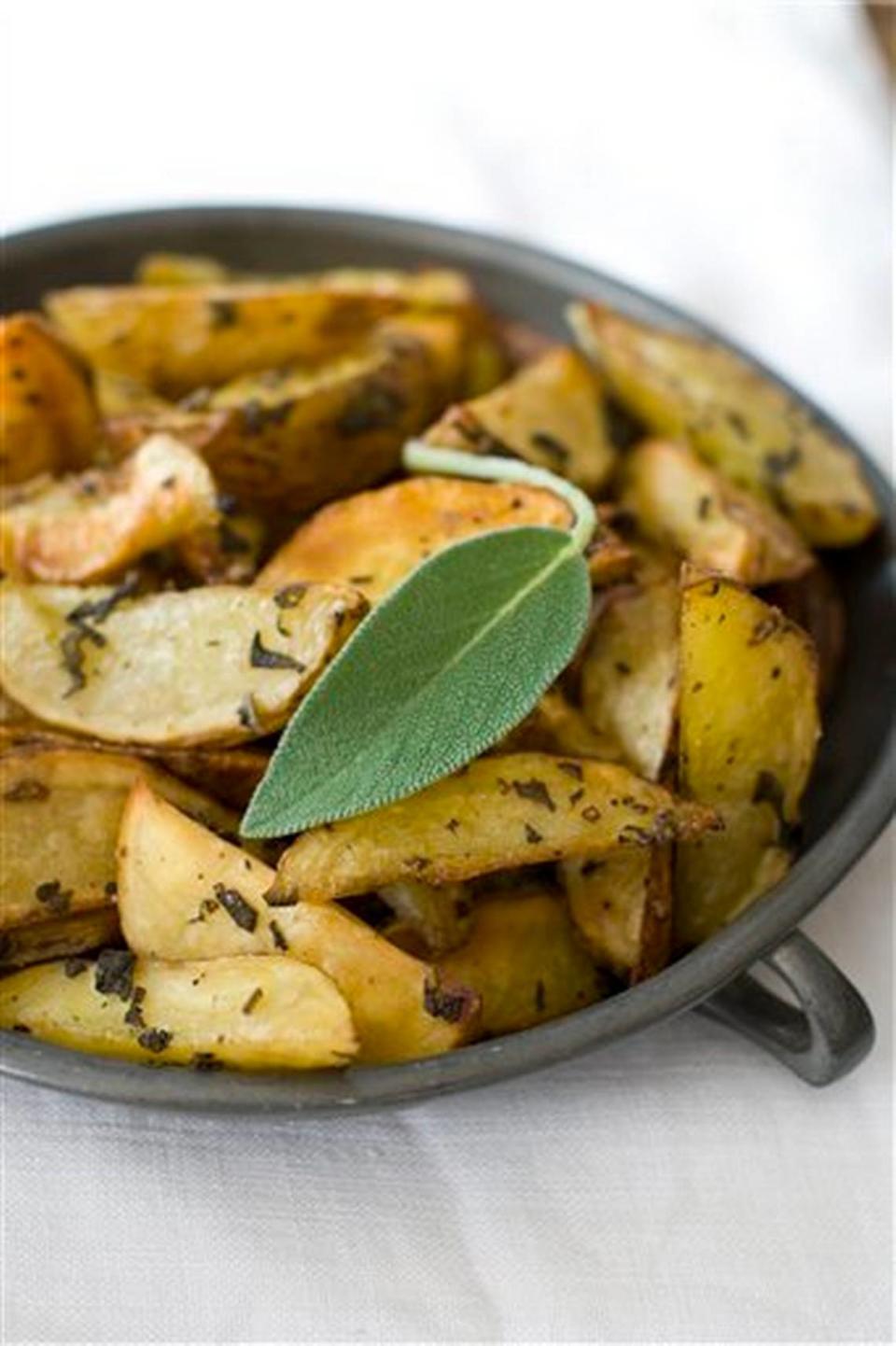Seven slang terms all Washingtonians should know: From ‘pre-funk’ to ‘sunbreak’ to ‘Jojos’
Regional and state-specific slang is a large part of American culture. You can say the same thing in four different states, and it’ll mean four different things.
The Pacific Northwest is often left out of conversations on slang, dialect and other related topics. Unlike other parts of the United States, Washington doesn’t have an easily-identifiable accent, nor does it have the historical recollection of phrases in the abundance other states often do.
But Washington does have its own slang, its own history and its own culture. Much of the slang in Washington state has ties to the Chinook language, or anglicized iterations. When the east coast was building its slang through immigrant populations, Washington was pulling from the Native communities of the area. Other terms are reflections of the regions proximity to mountains and oceans.
If you’re in Washington, it’ll help to know these seven slang terms and phrases.
Washington State slang to know

▪ “The Coast”
This is primarily used by Eastern Washingtonians, in reference to Seattle and other parts of Western Washington. Even if not entirely on a coast, if you can see the coast from the city, east-siders will call it the coast.
Example: Hey, we’re driving over to the coast this weekend. Want anything from Pike’s Place?
▪ “The mountain(s) are out.”
Essentially, this is a Washington way of saying it’s a nice day. When the sun is out, no rain and few clouds in the sky, residents of the Evergreen State can see Mount Rainier and other mountain peaks much more clearly than other days. The observation “The mountains are out” refers to the visibility of the peaks in nice weather.

Depending on where you are in Washington, you might hear “the mountains” or just “the mountain.”
Example: Wow, the mountains are out for the first time in days. Want to go on a walk?
▪ “Sunbreak”
Another weather term, sunbreak refers to the ray of sunlight that shoots between layers of clouds. When the sun is out and shining, but clouds are dotting the sky, you can see distinct lines of sunshine emerging from where the clouds break. All Washingtonians have seen their fair share of sunbreaks.

Some people erroneously think the term refers to a momentary break in cloud coverage, when the sunshine has a momentary moment without obstruction. If there are no clouds or other sun-blockers, it’s not a sunbreak.
Example: Look at that sunbreak up ahead, it’s the biggest we’ve seen today!
▪ “Pre-funk” or “pre-func”
A pre-funk is the same thing as a pregame, which features the drinking and preparing for a night out with a smaller circle just before heading out. It’s short for pre-function, as parties, events and get-togethers are often referred to as functions. Many Washingtonians use pregame and pre-funk interchangeably. Some places in Washington also throw pre-party into the mix.
Example: Will you get a bottle for the pre-funk? Just a small one, so we don’t get too rowdy before hitting the bars.
▪ “Spendy”
This one can sometimes come as a shock to those born and raised in Washington or Oregon. Referring to something expensive as “spendy” is an informal term used primarily in the PNW, not a proper synonym.
Despite the recorded wealth in this region largely due to tech, the general culture remains quite understated regarding money. It is often considered poor taste to display wealth or waste money. This frugal culture likely contributed to the increased use of the term.
Example: I don’t know, $50 for a T-shirt seems a little spendy.
▪ “Jojos”

In Washington, you don’t order a side of potato wedges — you order Jojos. Maybe Jojo potatoes, but it’s not necessary. This one can also be a shock to those who have spent their whole lives in the Evergreen State. Apparently, most places just call them potato wedges.
Sometimes they’re breaded and fried, sometimes just fried. Most Pacific Northwest-based diners will have a rule for what makes a Jojo a Jojo.
The origin story of Jojos and their name is disputed, giving no real reason why people in this region call them Jojos.
Example: Can I get Jojos instead of fries?
▪ “Tolo”
Most of the country calls it a Sadie Hawkins Dance when the girls are supposed to ask the guys, instead of the traditional vice versa. But in many places in Washington, these dances are called Tolos, a Chinook Jargon term meaning “to win” or “to succeed.”
The term was first used for these dances in 1909, according to the University of Washington. At the time, the college had two honor societies for men in operation, and none for women. A group of female students approached faculty to create their own honor society for women, offering financial support for junior and senior female students.
The club was deemed the Tolo Club, a recommendation from a professor to recognize the women’s success and achievement. But the club was only the beginning, now they needed to raise funds. They pitched throwing a dance, but one that challenged conventional norms and reversed social order by allowing the women to ask men.
The idea was seen as scandalous in the community, but the dance was reportedly a massive success. As the tradition continued, it spread to nearby high schools. Now, schools across the state refer to girls-ask-guys dances as Tolos, a recognition of female education and empowerment as well as common usage of Chinook Jargon.
What is Chinook Jargon?
Chinook Jargon emerged as traders and settlers became more prominent in the Pacific Northwest. Tribes noted difficulty understanding traders and settlers, who in turn had trouble understanding Native languages. As the different communities all tried to succeed in the same area, simplified versions of Chinook words were introduced to the traders and settlers. Pidgin languages were common at this time, a simplified version of established languages that develops when groups have no common language. Omitting grammatical rules and other important factors in the language, Chinook Jargon was “of vast convenience” to the traders and settlers, according to George Gibbs’ 1863 account.
Much of the Chinook-based slang has survived and continued. Other slang has popped up in the area, some coming from California and Oregon, some coming from modern Washington populations, some from unidentified origin.
Currently, there are 29 federally-recognized tribes in Washington that continue to influence the state’s culture, policies and economy. It is less common nowadays to hear terms from a tribe’s language converted into anglicized slang. Instead, tribal members and historians are working to preserve Native languages.

